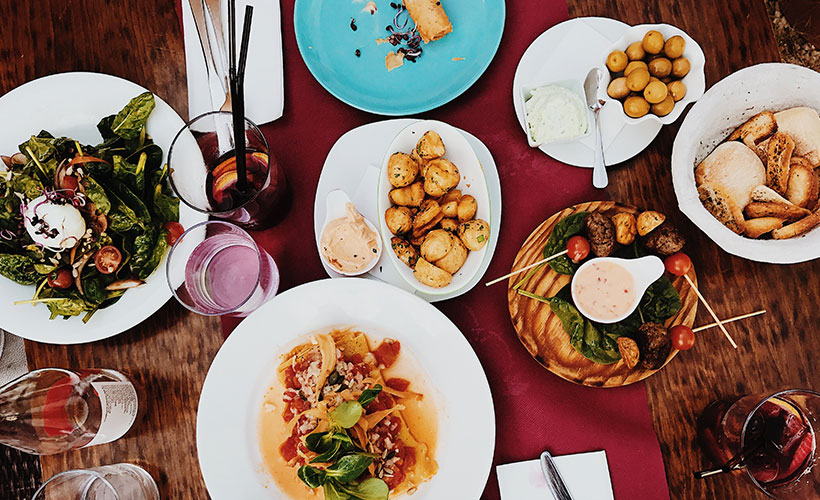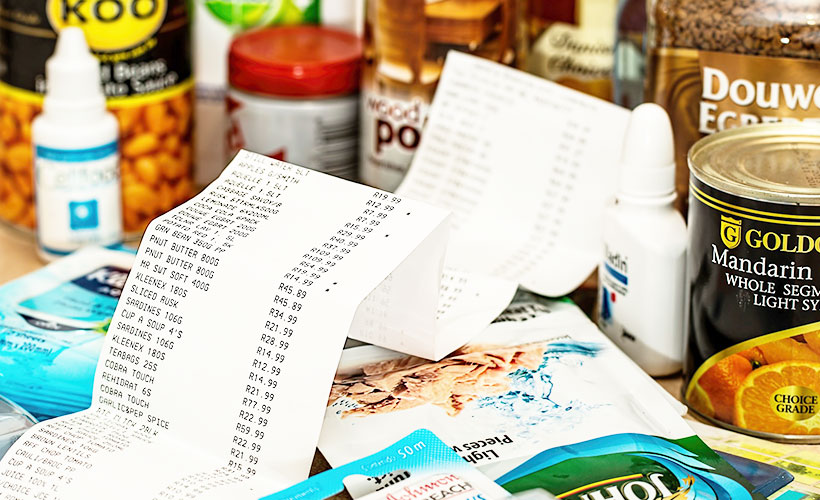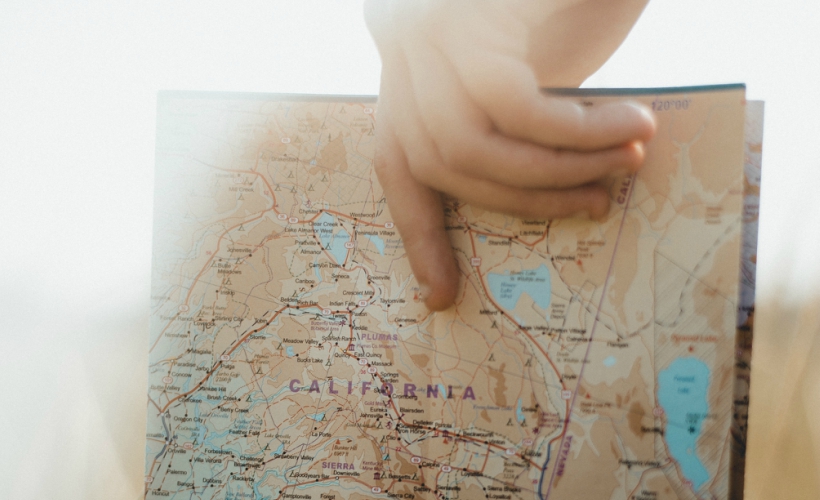Being unable to afford to travel is one of the most common issues you hear from those dreaming of an exotic getaway. True, most of us can’t afford to quit our day jobs for a life on the road, but that doesn’t mean we can’t explore the world. With a bit of budgeting and a few small sacrifices, even those with the lightest of wallets can bring their faraway fantasies to life.
Cut out (expensive) coffee
Buying takeaway coffees isn’t only bad for the environment, it also chips away at your bank balance. With a basic coffee in a café chain costing at least RM10 (approximately USD2.50) in Malaysia, a daily cup of the black stuff will amount to a minimum of RM3650 (approximately USD918) in a single year.
At time of writing, that can score you return flights to New Zealand, with some change to spare! If you still need your coffee – and most of us do – swap trips to coffee chains for a brew at a food court or kopitiam (traditional coffee shop). Better yet, buy a reusable flask and have home-brewed java on the go.
Ditch the gym
Before you use this as an excuse to morph into a couch potato, hear me out. Exercise is a key component of maintaining optimal physical and mental health, so by no means should you give it up entirely. After all, you want to be ready to tackle those holiday hikes right? However, gym memberships can be extremely expensive and by cutting it out in favour of more cost effective forms of exercise, you can rake the bucks back in.
YouTube has a whole host of channels offering free fitness classes, from yoga to Zumba to circuit training and everything in between. Those who tend to drive to their gym will also save on fuel money, toll and parking.
If working out in the great outdoors is more your thing, no problem. Activities such as walking, running and swimming in nature are extremely beneficial forms of exercise. Grab a friend and a bottle of water, and get moving!
Seek out deals
You needn’t put life on hold now just to save for life in the future. Saving certainly involves cutbacks, but you don’t need to sacrifice everything you love and enjoy. It’s all about making smarter choices, not neglecting yourself.
For those who love monthly massages or regular trips to the hairdresser, seek out monthly in-house deals or discounted sessions offered by practicing students. If eating out in good restaurants is what makes you tick, take advantage of early bird deals or share a large main with a friend. Books and clothes can be bought online or at flea markets, which has an added environmental benefit as well as a financial one.
It’s also worth keeping a close eye on sites like Fave, that offers deals on practically everything in Malaysia, Singapore, and Indonesia.
Stay in
Staying in is the new going out, didn’t you hear? Perhaps not, but by opting to socialise in somebody’s home rather than at a restaurant or bar, you’ll certainly decrease your weekly spending.
Giving up your thrice-weekly lunch – not to mention coffee, dinner and drink – dates with friends may feel like the ultimate sacrifice now, but you’re certainly not going to regret it when boarding a plane in a few months. So why not tell the gang your intentions and kick-start regular social gatherings at home?
Pot luck dinners are a fun way of enjoying a feast without it costing the earth. The fact that everyone brings a dish means that you’ll always get to try something new and also, that not just one person is slaving away in the kitchen. Coffee dates, cocktail nights, cosy movie evenings and karaoke sessions can also be replicated at home for a fraction of the cost.
Sell online
As the saying goes, one man’s trash is another man’s treasure. Most of us are likely to have some clothes, CDs, sports equipment, electronics, or all of the above gathering dust in our cupboard after years of underuse. A clear-out is always good for your headspace and your wallet.
Organise a car boot sale to sell some of your old items, otherwise, avail of one of the many online platforms allowing you to do so. You won’t earn a fortune, but every little helps. Just try not to be an overly-sentimental hoarder when looking through old things.
Budget
Examining exactly what you spend in a month may be a shocking and painful task, but it’s a key part of your savings plan. Determine the amount you require for essentials such as rent, food and transport, add in an allowance for some treats and emergencies to keep you sane and you have your budget. Be strict with yourself and put anything outside of this directly into a separate account to avoid temptation.






